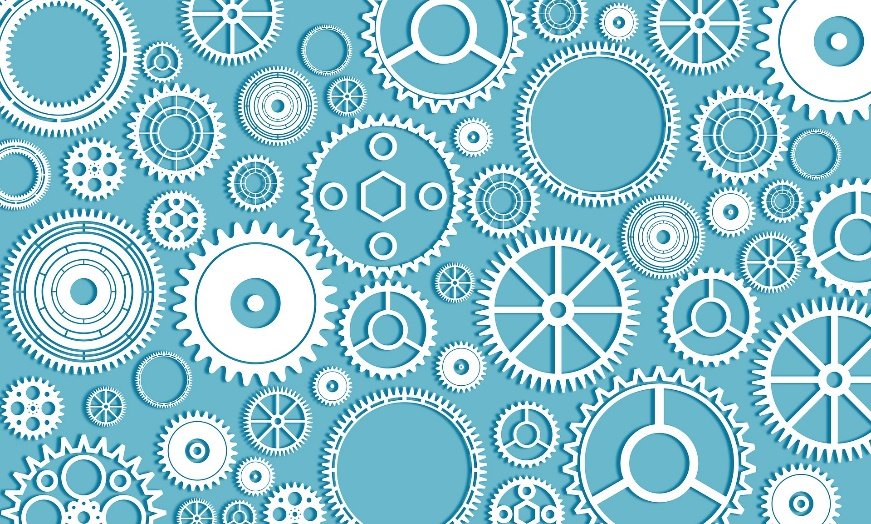We feel thirsty; we head over to our closest water cooler and we drink water – simple problem, simple solution. But have you ever wondered exactly how your body knows when to feel thirsty and what triggers this reaction? The answer begins with your hypothalamus.
Your hypothalamus is responsible for a number of vital functions in your body, from regulating body temperature and sleep, to monitoring your appetite. And because it also monitors blood volume and pressure, it can detect, amongst other, excessive loss of fluid in sweat and diarrhea, or changes in blood sodium concentration levels. When any of this happens it sends a signal to the brain ‘drink something’, which is why the hypothalamus is known as the body’s thirst center. There are a number of factors that affect the thirst mechanism: aneurysms or other brain injuries can sometimes impair the sensors which regulate blood sodium levels; but most notably, changes can often be seen amongst the elderly where ageing can affect the body’s ability to maintain homeostasis.
But your hypothalamus triggering your thirst mechanism isn’t the only way your brain responds to dehydration. When water levels in the body drop, the hypothalamus instructs the pituitary gland to secret more vasopressin – an antidiuretic hormone which causes water to be reabsorbed from the urine, decreasing the need to urinate and conserving water until such time as water has been replenished. A condition known as Diabetes insipidus can come about if the pituitary gland malfunctions or if the kidneys no longer respond to vasopressin – in which case a synthetic drug called demopressin can be administered which mimics the function of vasopressin.
According to Brainfacts.org, an online source of information about the brain and the nervous system, ‘although much has been learned about the neural regulation of thirst, research continues. Scientists are exploring, for example, why such factors as swallowing and the emptying of fluids from the stomach appear to inhibit thirst even before the body becomes fully hydrated. Studies into the thirst mechanism also are helping unravel some of the mechanisms by which the brain motivates sleep, appetite, and other basic human instincts.’
We may only have scraped the surface of fully understanding the role the thirst mechanism plays in our body, but undeniable is the sheer brilliance of our brain! And while our body naturally seems to know what it’s doing, it would be wise to help it along whenever possible, so make visits to your water cooler a regular part of your day, because remaining properly hydrated helps your entire body perform better.

